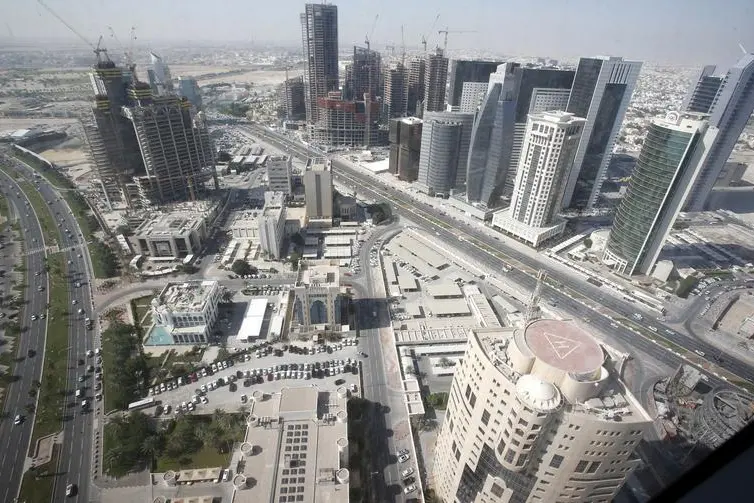PHOTO
By Santhosh V. Perumal
Qatar's near-term economic growth is expected to peak to 3.4% in 2017, after which it will normalise and more needs to be done to strengthen especially the services sector to ensure sustainable future growth and accelerated diversification, according to Kamco.
Moreover, costs in Qatar remain "stable" despite subsidy cuts in the form of 30% to 35% hike in petrol prices this January, which has led to $3.7bn savings for the national exchequer, Kamco said in a report.
"The ongoing projects leading up to the FIFA World Cup to be held in Qatar in 2022 has spurred project activity in the country leading to higher growth rates in the recent years with higher employment," the report said.
Quoting estimates from the International Monetary Fund and other agencies, it said Qatar's real gross domestic product (GDP) growth is estimated to be 3.4% in 2017, which will then normalise to 3.2% in 2018, 2.7% in 2019 and 2.6% in 2020.
The hydrocarbon sector is expected to grow 0.8% in 2017, which will then dip marginally to 0.7% in 2018 and 2019 only to rise to 0.8% in 2020. Accordingly, the oil sector is slated to account for 47% of the GDP in 2017, which will fall to 46% in 2018, 44% in 2019 and 43% in 2020.
The development projects are also aimed at diversifying the economy away from the dependence on oil and gas revenues, Kamco said, adding the non-oil sector is expected to grow to 6.5% in 2017 and 2018, which will increase marginally to 6.6% in 2019 only to fall to 6.4% in 2020.
Nevertheless, growth in the non-oil sector seems to be normalising from the double-digit levels to mid-single digit in the near term, Kamco said, highlighting that the share of non-hydrocarbons is expected to be 53%, 54%, 56% and 57% respectively during the review period.
With the exception of oil and gas and professional activities, all of the other non-hydrocarbon sectors have seen growth during 2015, albeit slower compared with 2014, it said.
"A further growth in the services sector, which accounted for 33% of total GDP, would result in more sustainable future growth as well as an accelerated diversification of the economy," the report said, adding within the services sectors, trade, financial services and public administration are the key sectors that could contribute.
Observing that Qatar is facing an overhaul in spending as seen in the decline in the growth rate of private and public consumption as well as fixed capital investments, it said the aim is to expand the private sector, and at the same time reduce subsidies and increase efficiency of government services.
Highlighting that costs remain "stable" despite subsidy cuts, Kamco said the 30%-35% hike in petrol prices this January had "minimal" impact on overall inflation since May 2016. However, subsidy bill got a big saving of around $3.7bn or 0.8% of GDP, the report said, quoting global credit rating agency Moody's.
Inflation year-on-year has remained "range bound" over the past six months although electricity prices were raised for the first time in more than a decade during September this year.
© Gulf Times 2016





















